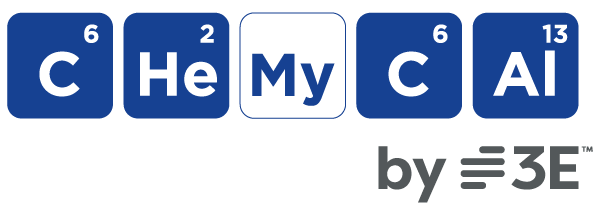Last month, 187 governments signed off on amendments that will dramatically expand the Basel Convention’s controls on how plastic waste is exported and imported in the world.
When the news reached me I was thrilled, but also a bit surprised. Normally, changes to important international policies such as these tend to take forever, but it was only last year that the Norwegian government proposed these amendments. And they’re not just formalities that in the end won’t really mean anything.
This new plastic waste ban is a big deal. It will most likely re-shape the world’s waste trade quite a bit.
The waste trade began in the 1980s when developed countries started exporting waste due to more stringent regulations on how to dispose of toxic waste on a national level. Low-income countries saw this as an opportunity to increase their foreign exchange earnings and started to receive the hazardous waste.



